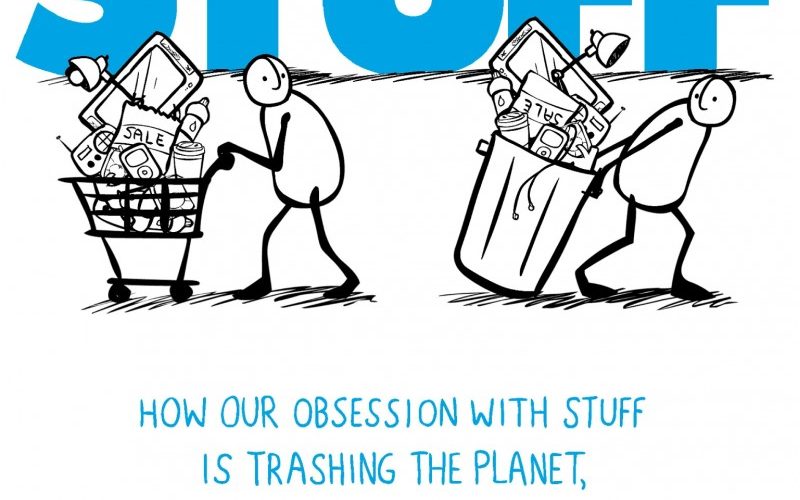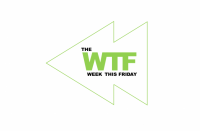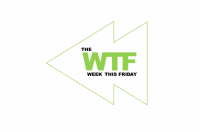It is no secret that the environmental challenges facing our world today are dizzyingly complex. To add to this, the public is constantly bombarded with messages about how nearly all aspects of our system are in crisis. A common reaction is to bury our heads in the sand and hope for the best, or as Annie Leonard points out, bury ourselves in material goods.
It is no secret that the environmental challenges facing our world today are dizzyingly complex. To add to this, the public is constantly bombarded with messages about how nearly all aspects of our system are in crisis. A common reaction is to bury our heads in the sand and hope for the best, or as Annie Leonard points out, bury ourselves in material goods.
Leonard, a self-described “systems thinker,” aims to debunk the entrenched “growth at all costs” model. She does so by discussing the materials economy and its underlying paradigm of economic growth, but opts to not lay the blame with individuals or inspire feelings of guilt. Instead, she provides numerous examples of how our system – “the deadly take-make-waste machine” – is broken. With references to the pernicious “work-watch-spend treadmill,” Leonard argues that redefining progress, doing away with war, and valuing time over stuff will allow us to create a happier, more equitable life that is ecologically compatible with the Earth.
Leonard does not shy away from uncharismatic environmental issues. Her fascination with waste and the materials-economy began in college and led her to work for Greenpeace, Essential Action, and the Global Alliance for Incinerator Alternatives. Leonard has worked on international waste trafficking cases in South Africa and Bangladesh, with textiles workers in Haiti, and witnessed the inner workings of an e-waste facility in California, making her an ideal guide through the world of waste.
Leonard’s animated documentary film The Story of Stuff – on which the book is based – is refreshingly informative, empowering and upbeat. Her book is equally accessible and Leonard manages to cover a variety of intricate topics while tracing the journey of stuff from extraction to disposal. Readers, however, should not be misled by her bubbly prose: Leonard gets to the heart of serious subjects and exposes the inter-connectedness of today’s consumption, environmental, social and economic crises.
Leonard views the economy as a sub-system of the ecological environment. The modern economy, though, tends to champion growth as a goal above all else. Leonard points out a fundamental paradox with this approach: goals like health, safety, and happiness have been overridden by growth. Such attacks on the economic system are not for the faint hearted and Leonard has received a number of criticisms – detractors have dubbed her “Marx in a ponytail” – but Leonard remains staunch about the importance of assessing capitalism and its validity without being accused of being “un-American.”
Leonard’s book is honest, insightful and optimistic. The Story of Stuff gives readers an understanding of the interconnected nature of our global system while offering realistic and innovative proposals for a “new world vision.”
The Story of Stuff, Annie Leonard, New York: Free Press (Simon & Schuster), 2010, 352 pages
Subscribe now to get more book reviews in your mailbox!
Reviewer Information
Phoebe Stephens is pursuing her MA in Global Governance at the University of Waterloo, in Ontario. She is particularly interested in global environmental governance and is researching the environmental impact of Chinese FDI in the agricultural sector in sub-Saharan Africa.













